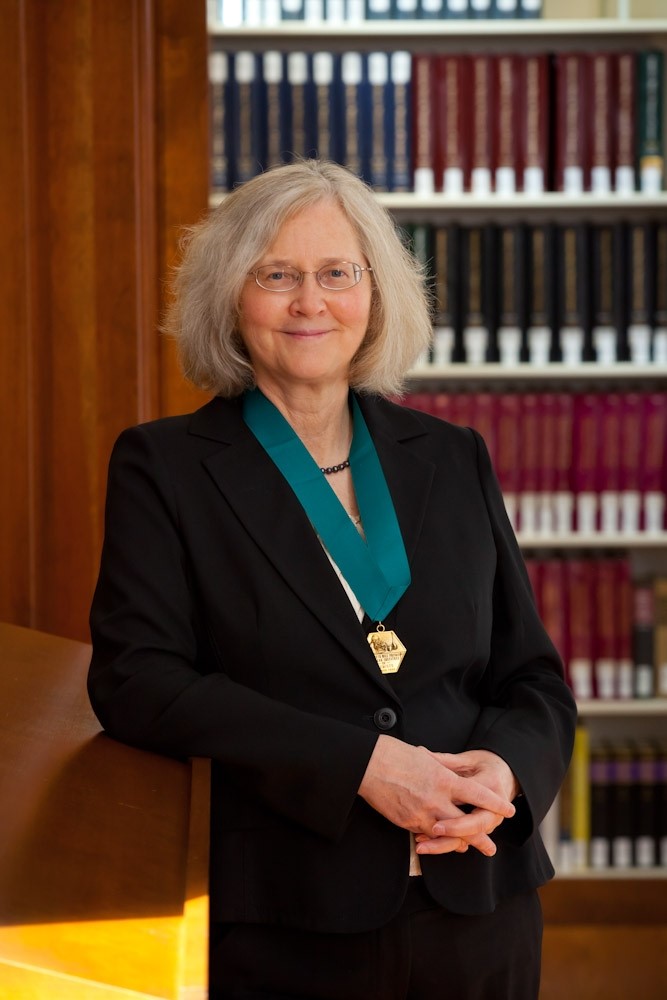If you have ever wondered whether there is a way to slow down the aging process, then Elizabeth Blackburn has some answers for you. Blackburn is (so far) Australia’s only female Nobel prize winner. She was awarded the prize in 2009 for her work on telomeres. Telomeres are the sections of DNA that occur on the ends of chromosomes. (All of the DNA in each of your cells is organised into parcels called chromosomes. Each cell in the body has 46 chromosomes). Telomeres stop chromosomes from ‘unravelling’ in the same way that the plastic caps on the ends of shoelaces stop the shoelaces from unravelling. It is the breakdown and ‘unravelling’ of DNA that causes disease and premature aging.
Elizabeth Blackburn was born in Hobart in 1948. She went to Broadford House Girls Grammar School in Launceston and University High School in Melbourne. Elizabeth was fascinated by animals as a child and was also inspired by the biography of that trailblazer for women in science, Marie Curie. She went to the University of Melbourne and studied biochemistry, then onto further studies and research work at Cambridge University in England and several American universities. Elizabeth discovered that there is a particular pattern in the DNA of telomeres. She then demonstrated with her colleague Jack Szostak that the structure of the telomere’s DNA prevents them from being broken down. Elizabeth then collaborated with Carol Greider to discover and isolate the enzyme telomerase, which is responsible for producing and maintaining the DNA of telomeres.
When cells reproduce, it is important that all the cell’s DNA is reproduced accurately for healthy new cells to form. Telomeres, positioned at the ends of chromosomes help keep the structure of the new DNA intact. When telomeres are damaged, the DNA begins to unravel and the result is disease and premature aging.
This discovery has kicked off a flurry of scientific investigation into what causes telomere damage and how it can be prevented. Elizabeth herself has written a book, ‘The Telomere Effect’ in which she describes some of the factors that cause damage to telomeres. Stress, and more importantly, the way we respond to stress has been demonstrated to have a negative effect on our telomeres and levels of telomerase. Fortunately, exercise and a positive mindset have been shown to offset the effects of stress and boost telomerase levels. Thanks to Elizabeth and her colleagues, we actually have some do have some ways to keep us youthful and healthy, scientifically proven at the cellular level.
Elizabeth Blackburn, Jack Szostak and Carol Greider were award the Nobel Prize in Physiology and Medicine in 2009 for ‘the discovery of how chromosomes are protected by telomeres and the enzyme telomerase’.




